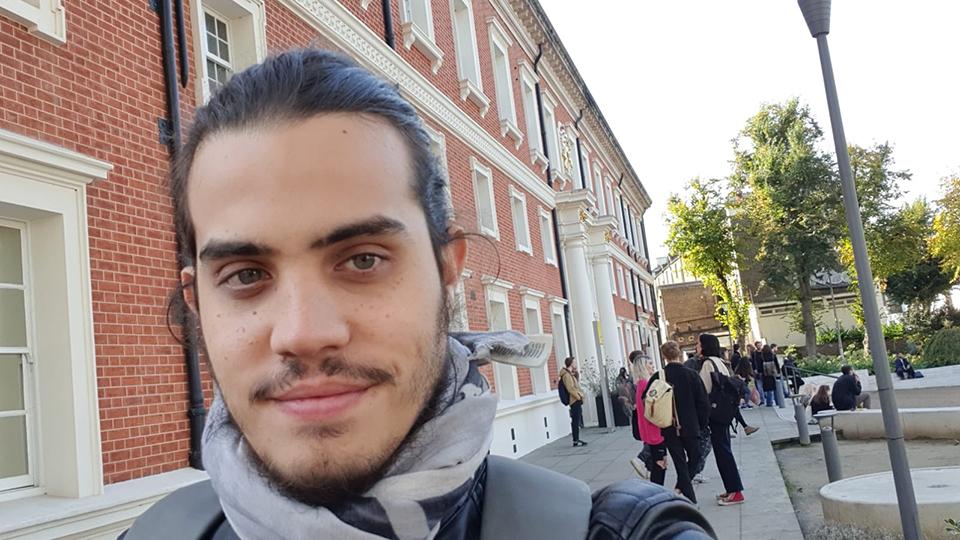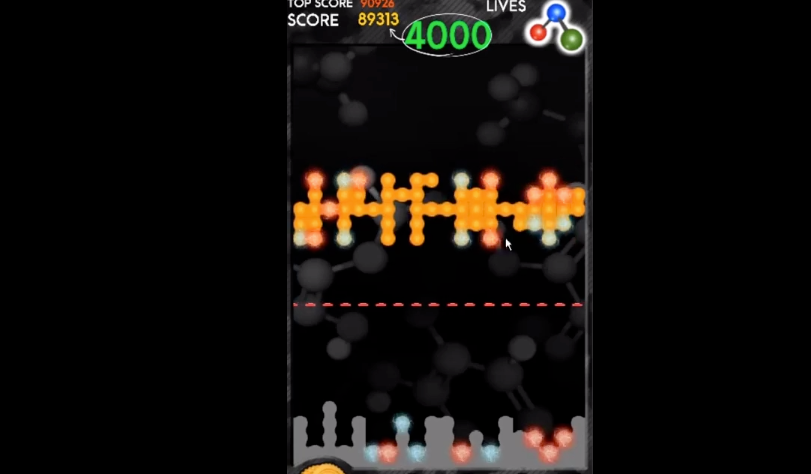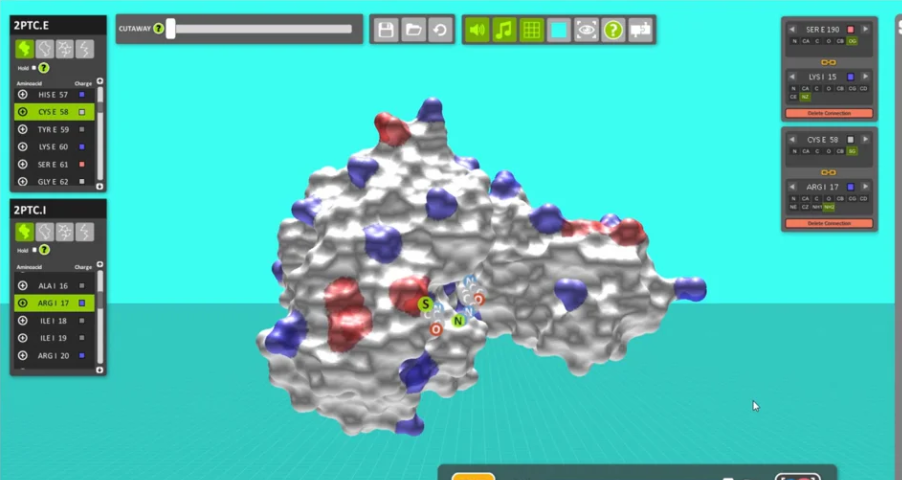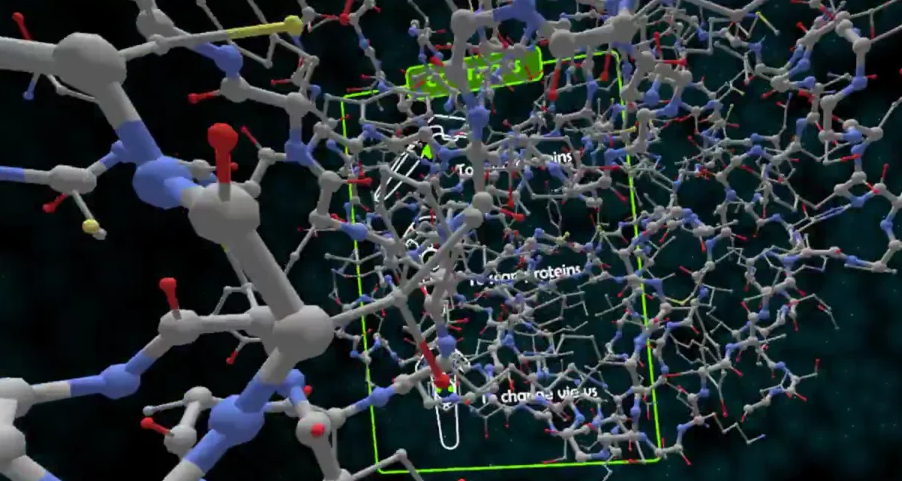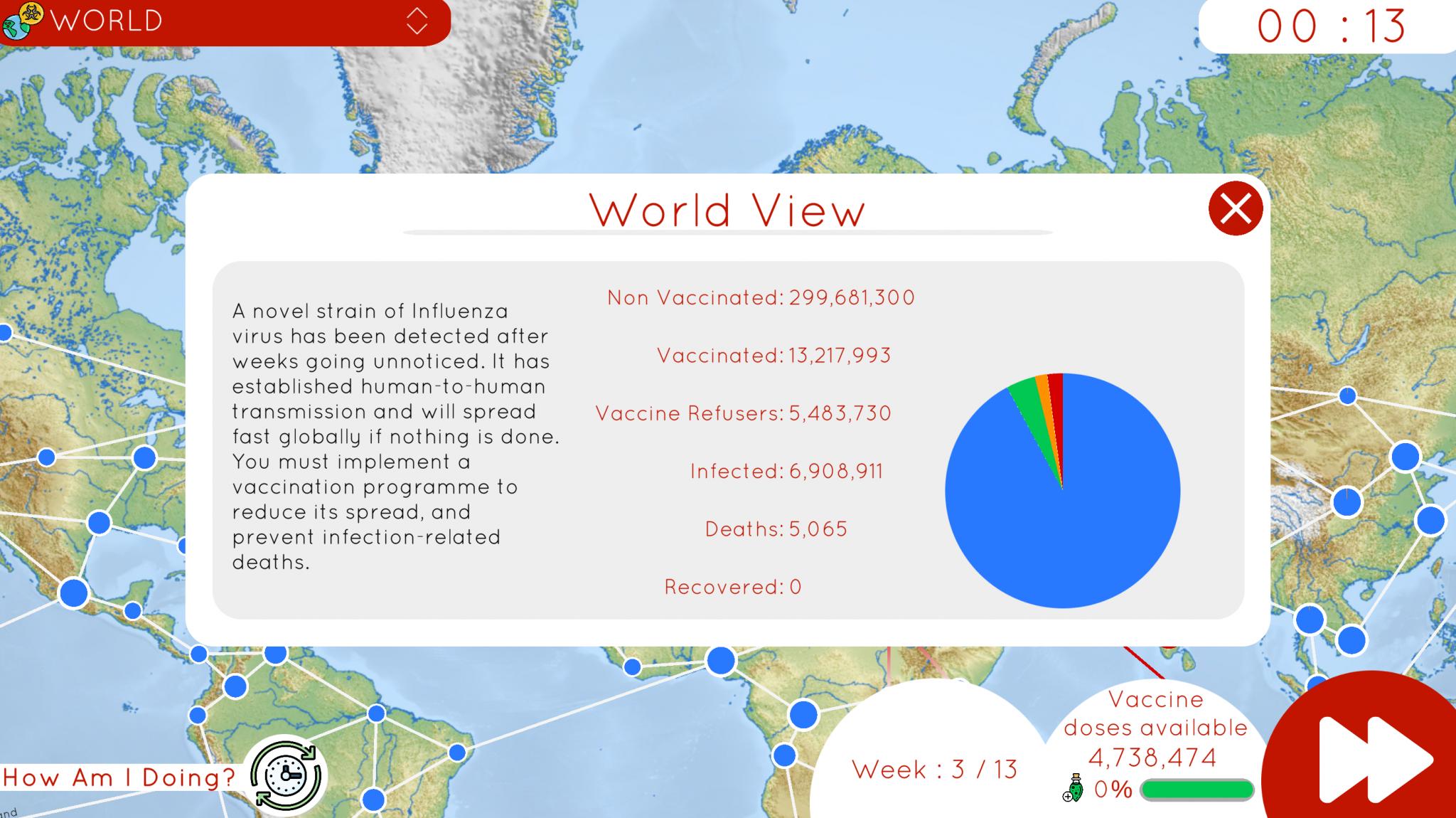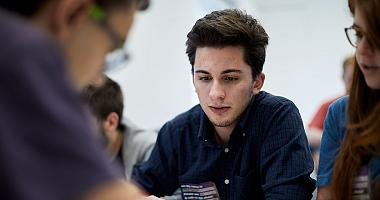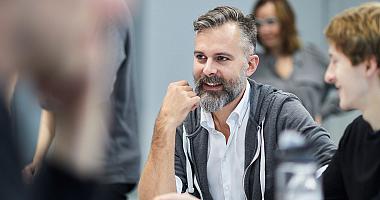Course information
Department
Length
1 year full-time or 2 years part-time
Course overview
This MSc is tailored for people who want to work in the game industry. You will learn multi-platform game development and gain a solid foundation in programming to help you develop your own skills. The MSc has a strong focus on business and entrepreneurship, including the possibility to work with industry partners as part of your internship.
As a fast-growing 150 billion dollar business, the game industry offers countless professional opportunities. The MSc Computer Games Programming is right for you if you want to make game development a sustainable career and to work in this creative and rewarding industry.
This is also one of the only programmes taught by actual game developers, designers, and artists with years of experience in the game industry.
Why Study MSc Computer Games Programming at Goldsmiths
- Learn how to design and develop games, using state of the art tools and game engines from actual game developer and industry veterans.
- Focus on which skills you want to learn through a selection of option modules.
- Collaborate with colleagues from other courses, including the MA Computer Games Art & Design and the MA Games and Playful Design.
- Build your portfolio through practical coursework.
- Access state of the art game labs and facilities.
- Get your first internship in the game industry (or work on a research project instead).
- Take part in annual events and game jams organised by the department, and be part of the creative and diverse environment that surrounds Goldsmiths.
- Access a strong UK community of publishers and creators with innovative voices creating groundbreaking titles.
Who should apply
The MSc Computer Games Programming is the perfect fit for:
- People who want to find a job in the game and entertainment industries.
- Programmers who want to learn how to create games.
- Game Developers who want to improve their programming skills.
- Technical Artists who want to use code to create interactive and procedural artworks.
- Game Designers who want to learn coding to bring their ideas to life.
- Creative folks who want to use interactive technologies for their projects.
There are no technical prerequisites for the MSc, as the course will cover the basics of programming and mathematics in the first week. However, a computer science background is strongly recommended, and any experience with programming languages or game engines is very welcome.
Internship & Research Pathways
There are two pathways available to all students in the MSc Computer Games Programming: Internship and Research. Students on the Internship pathway are required to take part in an industry placement during the Summer Term. This is the perfect option if you want to use this opportunity to kickstart your career in the Game Industry.
Students on the Research pathway will work on a final project instead. This is recommended if you want to pursue an academic career, or if you want to deepen your knowledge in a specific area.
The pathway must be chosen at the moment of your enrolment, but might be changed on a case-by-case basis.
MA Computer Games: Art & Design
If you are more interested in the design process, 3D modelling and animation, you may want to find out about the MA Computer Games: Art & Design.
You will be working alongside the MA students, and if you are unsure which programme is for you, you might be able to switch between the two in the first two weeks of the course.
Contact the department
If you have specific questions about the degree, contact Alan Zucconi.
